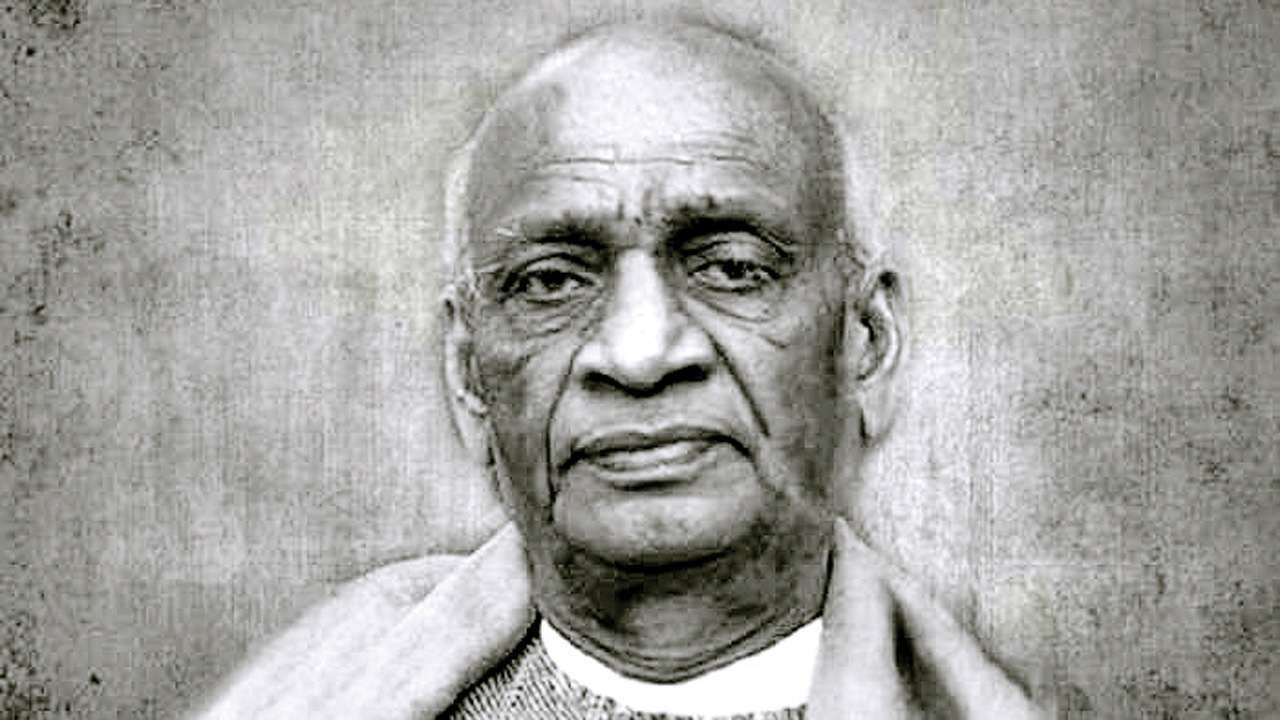Sardar Vallabhbhai Patel (31st October, 1875 – 15th December, 1950)

Sardar Vallabhbhai Patel (31st October, 1875 – 15th December, 1950)
Vallabhbhai Jhaverbhai Patel was born in Nadiad, Gujarat on 31 October, 1875. He was popularly known as Sardar Patel. He was a senior leader of the Indian National Congress who played a leading role in the country’s struggle for independence. He acted as Home Minister during the political integration of India and the Indo-Pakistani War of 1947. He also served as the first Deputy Prime Minister of India.
He was a successful lawyer. He subsequently organized peasants from Kheda, Borsad, and Bardoli in Gujarat in non-violent civil disobedience against the British Raj. Under the chairmanship of Sardar Patel, “Fundamental Rights and Economic Policy” resolution was passed by the Congress in 1931.
Patel was intensely loyal to Gandhi and organized relief efforts for refugees fleeing to Punjab and Delhi from Pakistan and worked to restore peace. He led the task of forging a united India, successfully integrating into the newly independent nation those British colonial provinces that had been ‘allocated’ to India. It was Patel who persuaded almost every princely state to accede to India. His commitment to national integration in the newly independent country was total and uncompromising, earning him the sobriquet “Iron Man of India”. He is also remembered as the “Patron saint of India’s civil servants” for having established the modern all-India services system.
After suffering a massive heart attack (his second), Patel died on 15 December, 1950, at Birla House in Bombay. Patel is best remembered as the “Unifier of India”. The Statue of Unity, the world’s tallest statue, was dedicated to him on 31 October, 2018, which is approximately 182 m (597 ft) in height.







